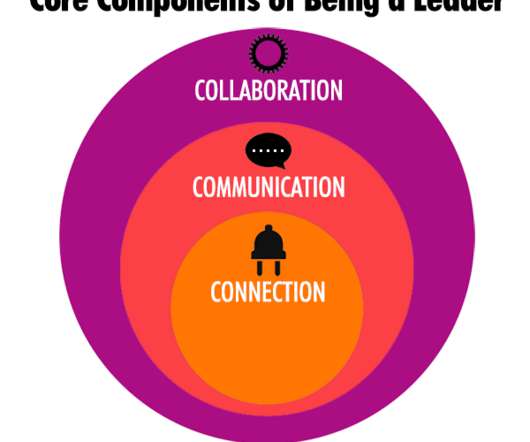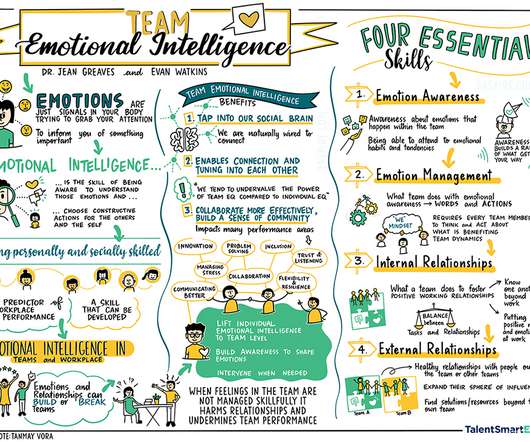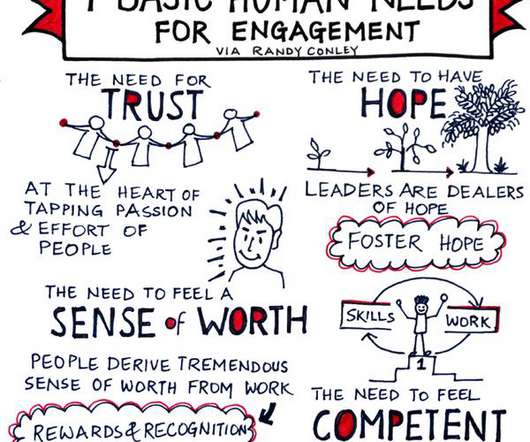Work-From-Home Burnout and Zoom Fatigue is a Lot More Complex Than You Think
Lead Change Blog
MAY 11, 2021
Combining my expertise in emotional and social intelligence with research on the specific problems of working from home during COVID, I’ve untangled these two concepts into a series of factors: Deprivation of our basic human need for meaning and purpose. Deprivation of our basic human need for connection.










































Let's personalize your content